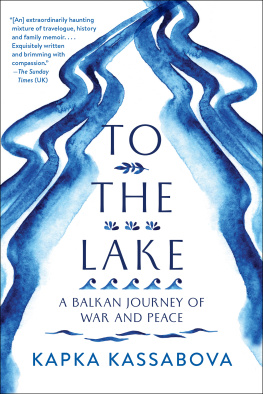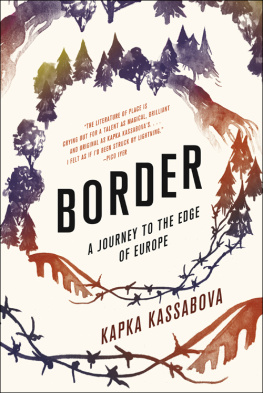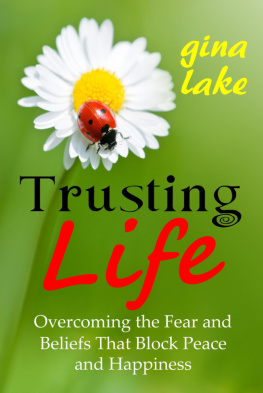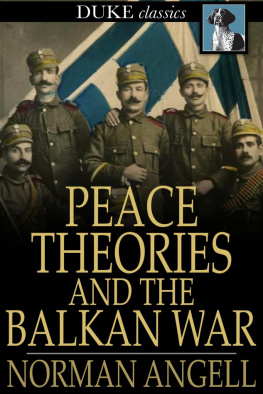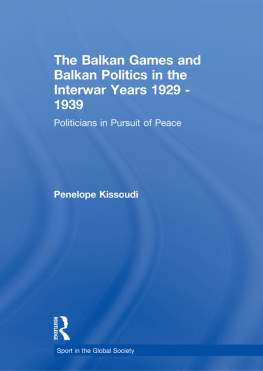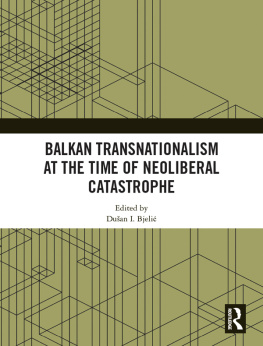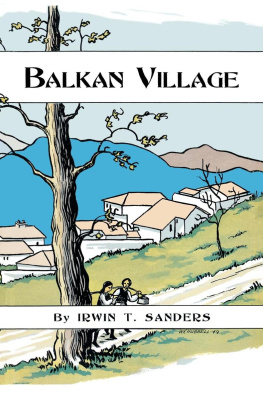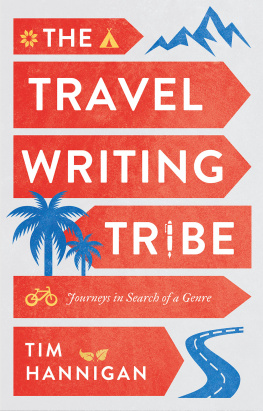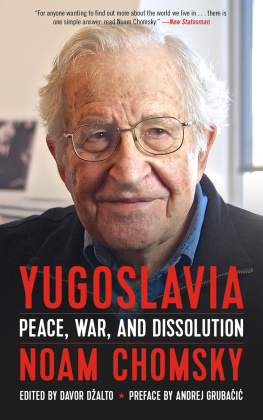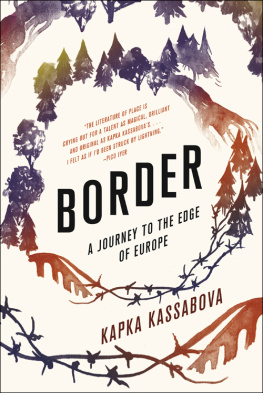Kapka Kassabova - To the Lake ; A Balkan Journey of War and Peace
Here you can read online Kapka Kassabova - To the Lake ; A Balkan Journey of War and Peace full text of the book (entire story) in english for free. Download pdf and epub, get meaning, cover and reviews about this ebook. year: 2020, publisher: Graywolf Press, genre: Detective and thriller. Description of the work, (preface) as well as reviews are available. Best literature library LitArk.com created for fans of good reading and offers a wide selection of genres:
Romance novel
Science fiction
Adventure
Detective
Science
History
Home and family
Prose
Art
Politics
Computer
Non-fiction
Religion
Business
Children
Humor
Choose a favorite category and find really read worthwhile books. Enjoy immersion in the world of imagination, feel the emotions of the characters or learn something new for yourself, make an fascinating discovery.
- Book:To the Lake ; A Balkan Journey of War and Peace
- Author:
- Publisher:Graywolf Press
- Genre:
- Year:2020
- Rating:3 / 5
- Favourites:Add to favourites
- Your mark:
- 60
- 1
- 2
- 3
- 4
- 5
To the Lake ; A Balkan Journey of War and Peace: summary, description and annotation
We offer to read an annotation, description, summary or preface (depends on what the author of the book "To the Lake ; A Balkan Journey of War and Peace" wrote himself). If you haven't found the necessary information about the book — write in the comments, we will try to find it.
To the Lake ; A Balkan Journey of War and Peace — read online for free the complete book (whole text) full work
Below is the text of the book, divided by pages. System saving the place of the last page read, allows you to conveniently read the book "To the Lake ; A Balkan Journey of War and Peace" online for free, without having to search again every time where you left off. Put a bookmark, and you can go to the page where you finished reading at any time.
Font size:
Interval:
Bookmark:


ALSO BY KAPKA KASSABOVA
Street without a Name:
Childhood and Other Misadventures in Bulgaria
Twelve Minutes of Love: A Tango Story
Border: A Journey to the Edge of Europe

KAPKA KASSABOVA
Graywolf Press
Copyright 2020 by Kapka Kassabova
Maps copyright 2020 by John Gilkes
First published in 2020 by Granta Books, London.
The author and Graywolf Press have provided this e-book to you for your personal use only. You may not make this e-book publicly available in any way. Copyright infringement is against the law. If you believe the copy of this e-book you are reading infringes on the authors copyright, please notify Graywolf Press at: us.macmillanusa.com/piracy.
The author gratefully acknowledges permissions to quote from Stone Voices: The Search for Scotland by Neal Ascherson, Children of the Greek Civil War: Refugees and the Politics of Memory by Loring Danforth and Riki Van Boeschoten, An Anthology of Modern Albanian Poetry: An Elusive Eagle Soars ed. and trans. Robert Elsie, Edward Lear in Albania: Journals of a Landscape Painter in the Balkans ed. Bejtullah Destani and Robert Elsie, The Heroic Age by Stratis Haviaras, Broken April by Ismail Kadare, Remnants of Another Age by Nikola Madzirov, and Black Lamb and Grey Falcon by Rebecca West.
This publication is made possible, in part, by the voters of Minnesota through a Minnesota State Arts Board Operating Support grant, thanks to a legislative appropriation from the arts and cultural heritage fund. Significant support has also been provided by the National Endowment for the Arts, Target, the McKnight Foundation, the Lannan Foundation, the Amazon Literary Partnership, and other generous contributions from foundations, corporations, and individuals. To these organizations and individuals we offer our heartfelt thanks.

Published by Graywolf Press
250 Third Avenue North, Suite 600
Minneapolis, Minnesota 55401
All rights reserved.
www.graywolfpress.org
Published in the United States of America
ISBN 978-1-64445-026-0
Ebook ISBN 978-1-64445-124-3
2 4 6 8 9 7 5 3 1
First Graywolf Printing, 2020
Library of Congress Control Number: 2019949938
Cover design and art: Kimberly Glyder
TO MY MOTHER AND THE CHILDREN
OF EXILES AND REFUGEES EVERYWHERE
MAY YOU FIND YOUR WAY TO THE SOURCE.
THE DEAD OPEN THE EYES OF THE LIVING.
AND TO THE LAKES,
THEIR BOUNDLESS GENEROSITY.
A lake is the landscapes most beautiful and expressive feature. It is earths eye, looking into which the beholder measures the depth of his own nature.
Henry David Thoreau
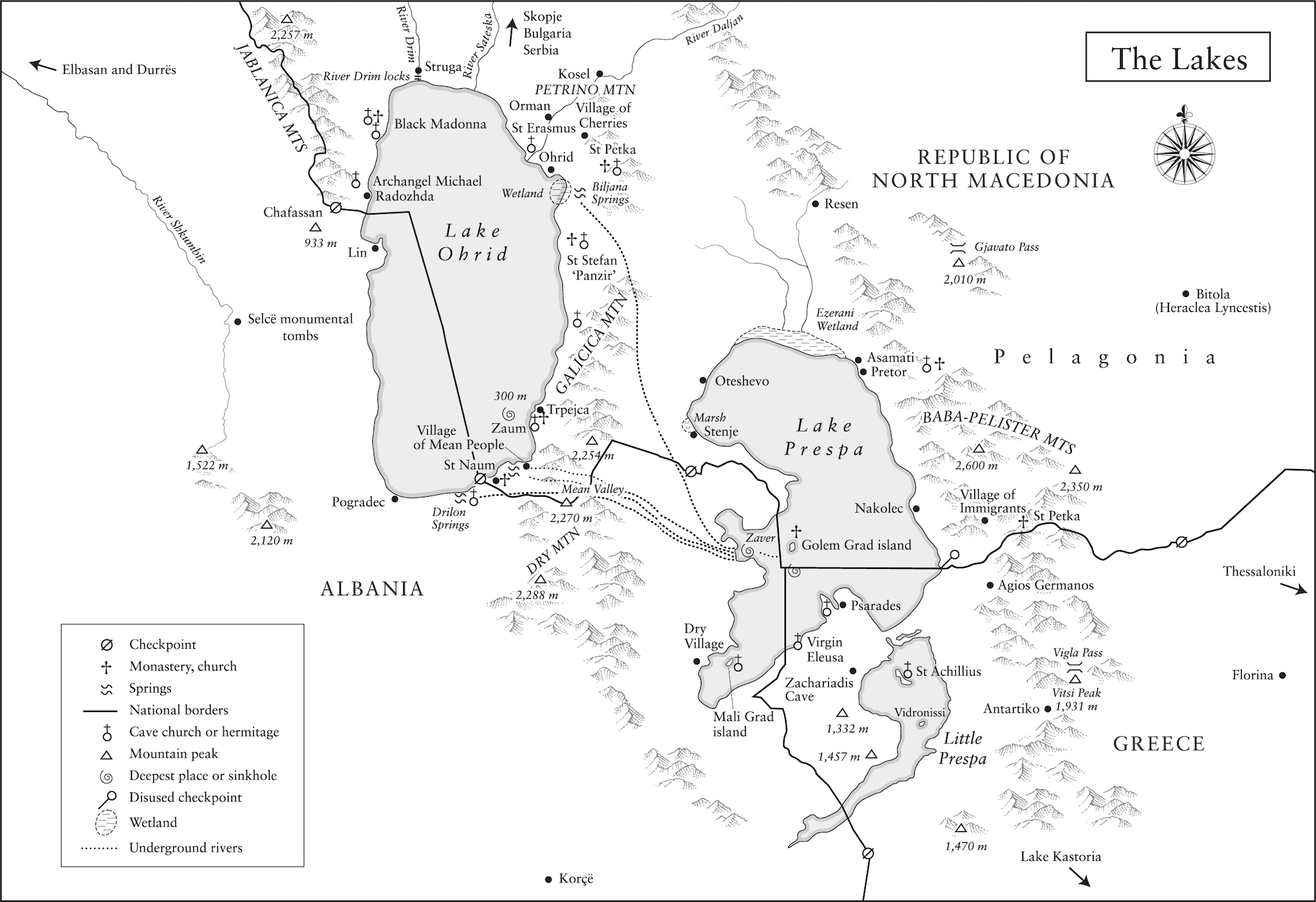
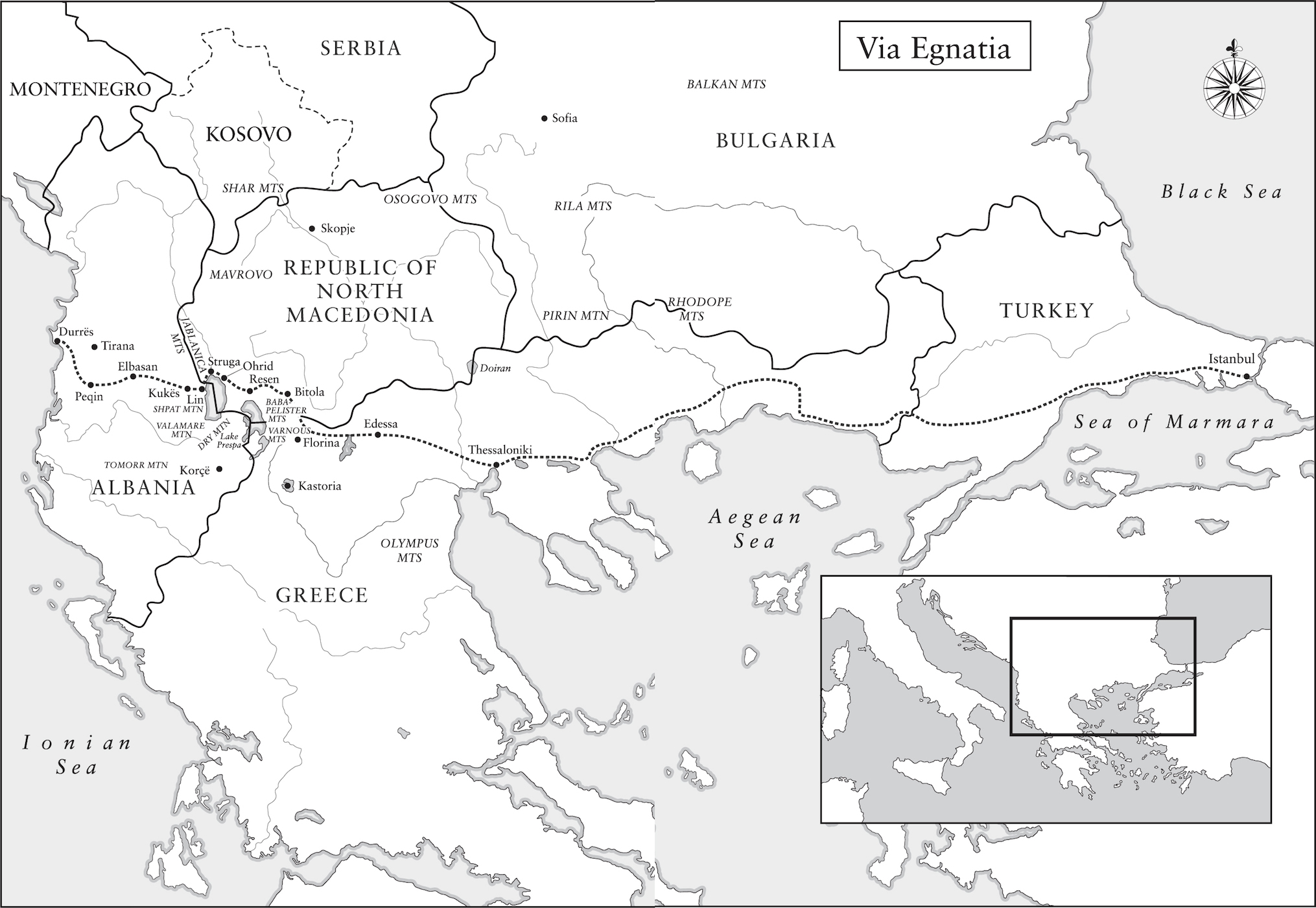
This book tells of two ancient lakes. Some places are inscribed in our DNA yet take a long time to reveal their contours, just as some journeys are etched into the landscape of our lives yet take a lifetime to complete. So it is for me with these lakes.
Lake Ohrid has exerted a pull on me since early childhood because my maternal grandmother was from there, and she was an influential figure in my early life. As an adult, I often thought of returning to the Lake properly, but sensed that I wasnt ready. To journey to the place of your ancestors, you must be prepared to see what it is easier to deny.
What finally propelled me was a concern that as time passed, something might happen insidiously. That unless I understood my maternal familys existential landscape, I might repeat old patterns. That as we continue to witness in this century conflicts of a civil and fratricidal nature, divisive politics between and within nations, patriarchal autocracy and revisionism, mass emigration and displacement as we witness this, unless we become aware of how we carry our own legacies, we too may become unwitting agents of destruction.
Generations of my predecessors had lived by the Lake. I hoped they could serve as a gateway to the Lake and to this surprisingly little-known corner of Europe. The lake region is home to epic landscapes and rich histories. It is a realm of high altitudes and mesmeric depths, eagles and vineyards, orchards and old civilisations, a land tattooed with untold histories. A couple of years earlier, I had explored Europes far south-east to seek out the human stories of a triple border zone between Bulgaria, Turkey and Greece. The lakes occupy the south-west of the Balkan peninsula and are likewise shared by three countries.
The twin lakes of Ohrid (hard h) and Prespa are embedded diamond-like in the mountain folds of western Macedonia and eastern Albania. They are relatively close to the Adriatic and the Aegean, but whichever way you approach them, they dont feel close to anything, not even to each other. Forbidding ranges must be traversed, and lonely roads travelled. Here passed the strategic Roman Via Egnatia (or Egnatian Way) on its way from Dyrrachium on the Adriatic to Constantinople on the Bosphorus. Later, Orthodox hermitages and churches were hewn into the limestone, later still Islamic caravanserais and dervish monasteries appeared. Thanks to the Via Egnatia, built in the mid-second century BC to connect the Roman world and used for nearly twenty centuries, the lake region became for a while, in the words of the historian Alain Ducellier, the nerve centre of the Balkans.
The Via that shaped history was itself shaped by geography. It followed the valley of the River Shkumbin between the great mountains of Illyria, bypassed the twin lakes, snaked between mountain ranges that now straddle the (North) MacedonianGreek border, before descending into the Pelagonian plains; reached the Aegean and continued, parallel to the coast, all the way to the Bosphorus.
The lakes are engendered by springs, surrounded by springs, and connected to each other by underground streams. They are at the juncture of two and in places three national borders Greece nibbles at the southern end of Lake Prespa and almost swallows up the teardrop lakelet at the bottom of it, Mikri (Little) Prespa. Here, at the confluence of powerful civilisational forces from antiquity to the present day, mingle the currents of two warm seas and the icy winds of mountains nearly 3,000 metres (9,000 feet) high.
Ohrid and Prespa are Europes oldest lakes. Ohrid may even be the worlds second-oldest. Ordinary lakes last only a hundred thousand years at most before they fill up with sediments, but a handful Tanganyika, Baikal, Ohrid-Prespa have endured for over a million years. Despite recent probes, scientists cannot be precise about the age of Ohrid-Prespa; they may well be up to three million years old.
Lake Ohrid is fed by tributaries, sublacustic springs, and most remarkably by underground streams from Lake Prespa, which travel through the limestone Galicica Mountain (pronounced Ga-li-chi-tsa, 2,254 metres high). These sister springs account for a quarter of the lakes incoming water. The porous karst ensures that the icy waters arrive at Lake Ohrid naturally filtered. This extraordinary transfusion, along with the bubbling lacustrine springs, can be seen at the St Naum Springs in Macedonia and the Drilon Springs in Albania as it happens, second by second.
Font size:
Interval:
Bookmark:
Similar books «To the Lake ; A Balkan Journey of War and Peace»
Look at similar books to To the Lake ; A Balkan Journey of War and Peace. We have selected literature similar in name and meaning in the hope of providing readers with more options to find new, interesting, not yet read works.
Discussion, reviews of the book To the Lake ; A Balkan Journey of War and Peace and just readers' own opinions. Leave your comments, write what you think about the work, its meaning or the main characters. Specify what exactly you liked and what you didn't like, and why you think so.

